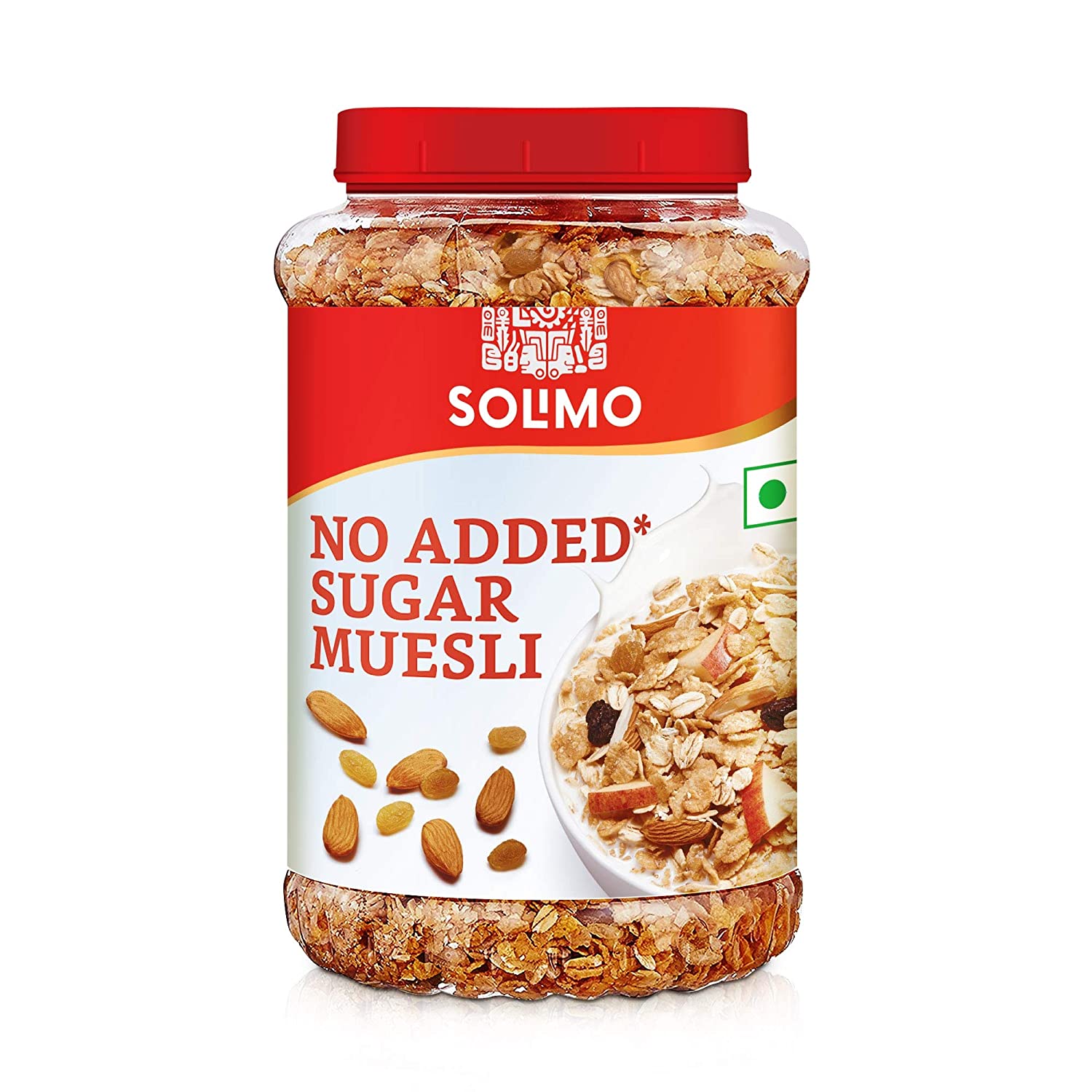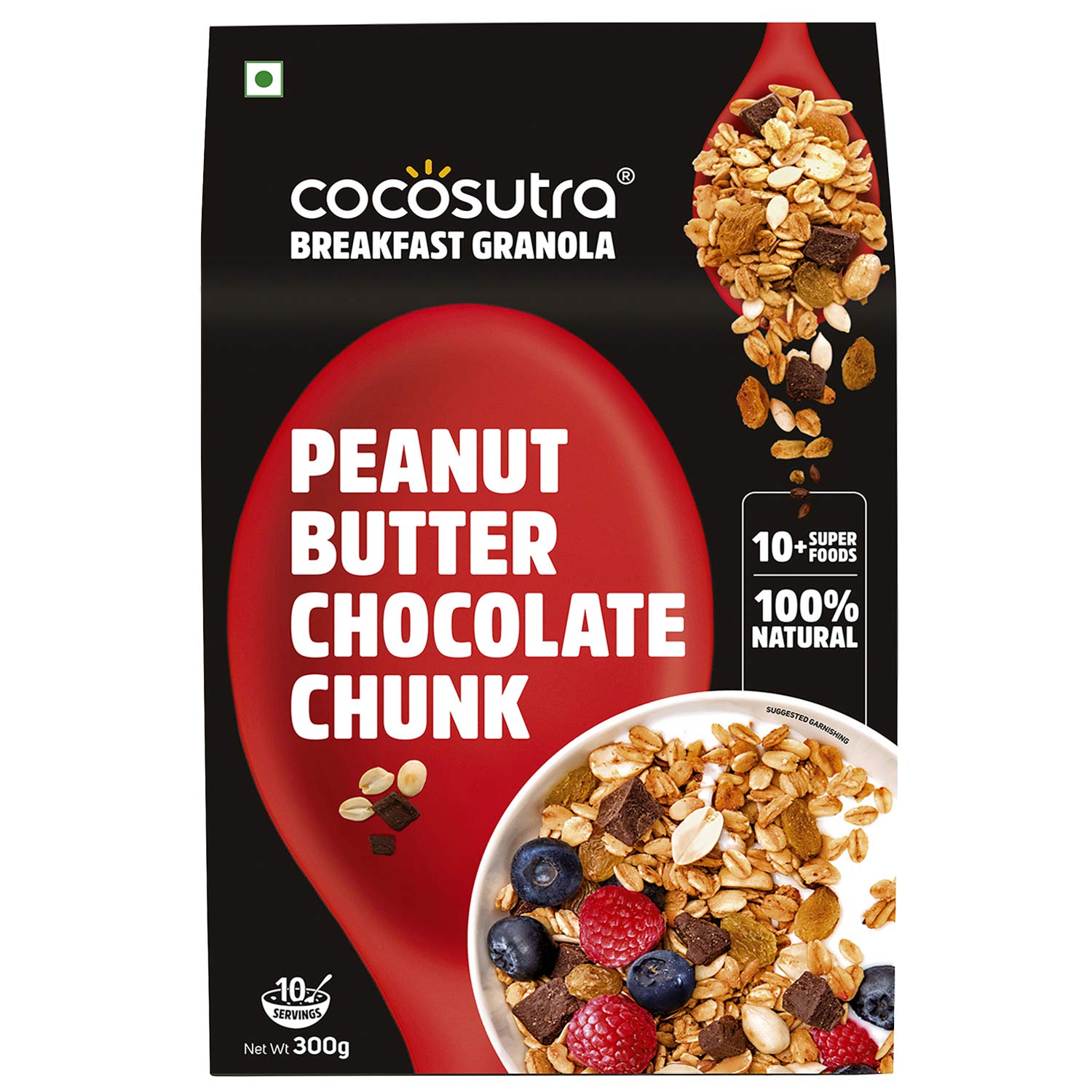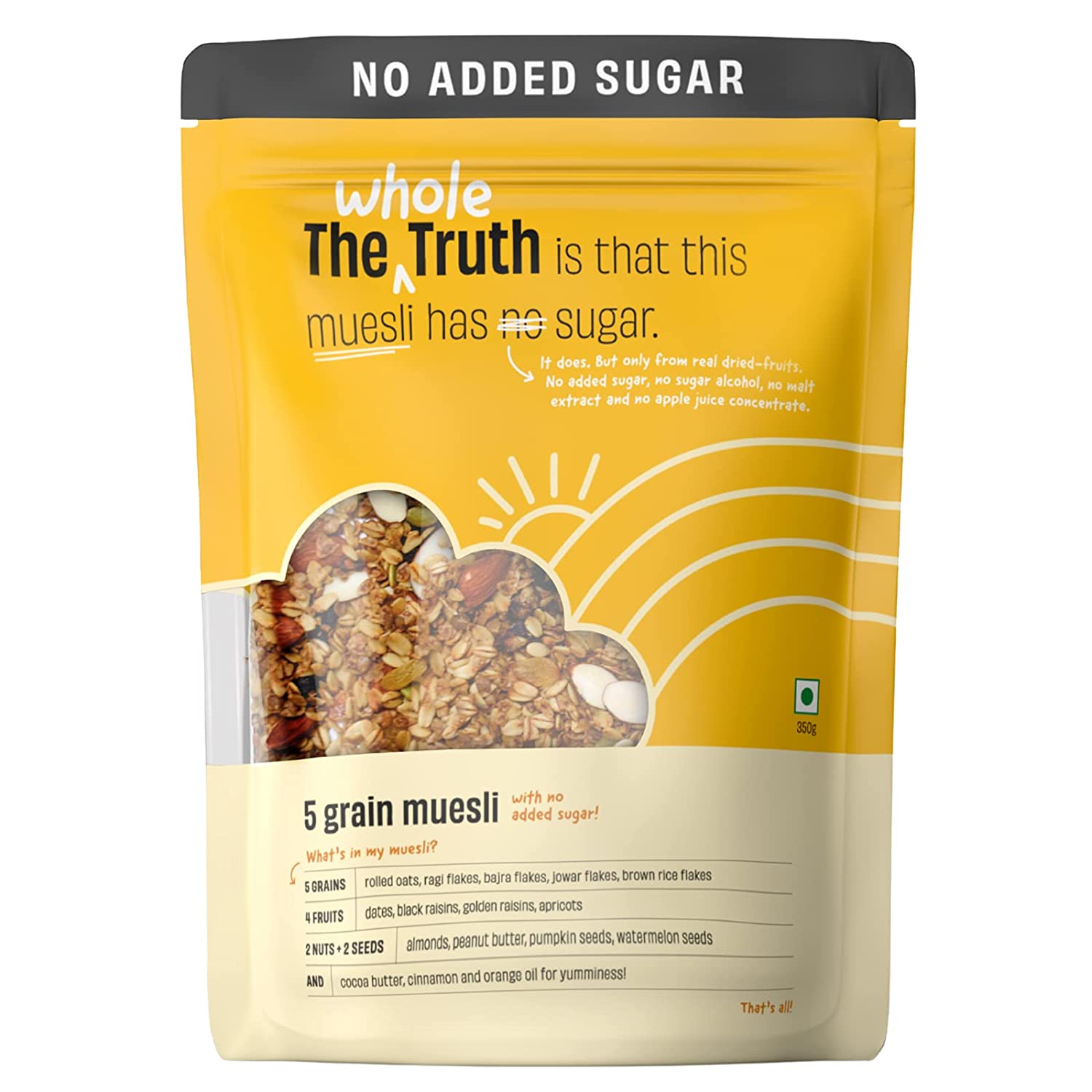Cholesterol
Macronutrient
Last update date: November 06, 2023
Cholesterol is present in animal foods while being absent in plant foods. Cholesterol is needed to make hormones, vitamin D, and substances that help to digest foods.
Frequently Asked Questions
1.
What is cholesterol?
Cholesterol is a vital substance for your body's functioning. It is involved in cell building, vitamin production, and hormone synthesis. However, excessive cholesterol can be concerning. Your liver naturally produces cholesterol, and you also consume it through animal-based foods like meat and dairy. Consuming foods high in saturated and trans fats can cause your liver to overproduce cholesterol, leading to unhealthy levels. Elevated cholesterol levels can contribute to various health problems, particularly heart disease. It's important to maintain a balance and make mindful choices to keep your cholesterol levels within a healthy range.
2.
What is positive impact of Cholesterol?
Cholesterol plays a vital role in supporting your body's functions and promoting positive effects: 1. Cell Membrane Function: Cholesterol is essential for the formation and maintenance of cell membranes, ensuring their stability and proper functioning. 2. Vitamin D Synthesis: Your body uses cholesterol as a precursor to produce vitamin D, a vital nutrient that contributes to bone health, immune function, and overall well-being. 3. Hormone Production: Cholesterol is involved in the synthesis of crucial hormones like estrogen, testosterone, and adrenal hormones. These hormones play essential roles in regulating various bodily processes. 4. Bile Acid Synthesis: Cholesterol is necessary for the production of bile acids, which aid in the digestion and absorption of dietary fats.
3.
What is negative impact of Cholesterol?
Excessive cholesterol intake can have negative impacts on your health: Increased risk of heart disease Increased risk of type 2 diabetes Higher risk of stroke Elevated chances of atherosclerosis (hardening and narrowing of arteries) Potential increase in the risk of certain types of cancer
4.
Who should avoid Cholesterol?
It is important for certain individuals to exercise caution regarding their cholesterol intake: 1. Individuals with Heart Disease: If you have heart disease, be mindful of your cholesterol intake to protect your heart health. High cholesterol levels can worsen the risk of complications. 2. People with Diabetes: If you have diabetes, be cautious about your cholesterol intake. High cholesterol levels can worsen the risk of cardiovascular problems linked to diabetes. 3. Individuals who are Overweight or Obese: If you're overweight or obese, managing cholesterol levels is crucial. Excess weight can raise cholesterol and risk of heart issues. 4. People with Existing Heart Conditions: If you have a history of heart conditions, monitoring your cholesterol intake is vital. Maintaining healthy levels reduces the risk of complications.
5.
What are common sources of Cholesterol?
Common sources of cholesterol in your diet include: Eggs - The yolks of eggs are a notable source of dietary cholesterol. Animal products - Cholesterol is present in meat, poultry, and dairy products. Fried foods - Foods that are fried, particularly using oils high in trans fats, can contain cholesterol.
6.
What is a healthy cholesterol level by age?
Cholesterol levels are crucial for overall health, with recommendations varying by age and gender. For those aged 19 or younger, the targets are total cholesterol below 170 mg/dL, non-HDL below 120 mg/dL, LDL below 100 mg/dL, and HDL above 45 mg/dL. In contrast, for adults aged 20 and above, the acceptable ranges for total cholesterol, non-HDL, and LDL are 125–200 mg/dL and less than 130 mg/dL, respectively. For males in this age group, the recommended HDL level is 40 mg/dL or higher, while for females, it's 50 mg/dL or higher. These guidelines are essential for monitoring cardiovascular health and mitigating associated risks.
7.
What vitamins are good for lowering cholesterol?
Niacin, a B vitamin, can be used with a doctor's recommendation to reduce cholesterol levels. other supplements, such as berberine and fish oil, can also be used to reduce cholesterol levels.
























